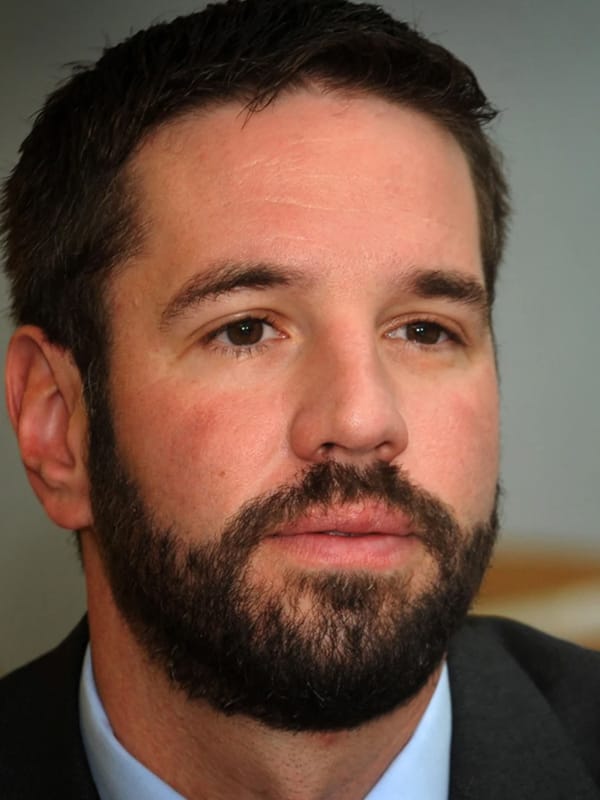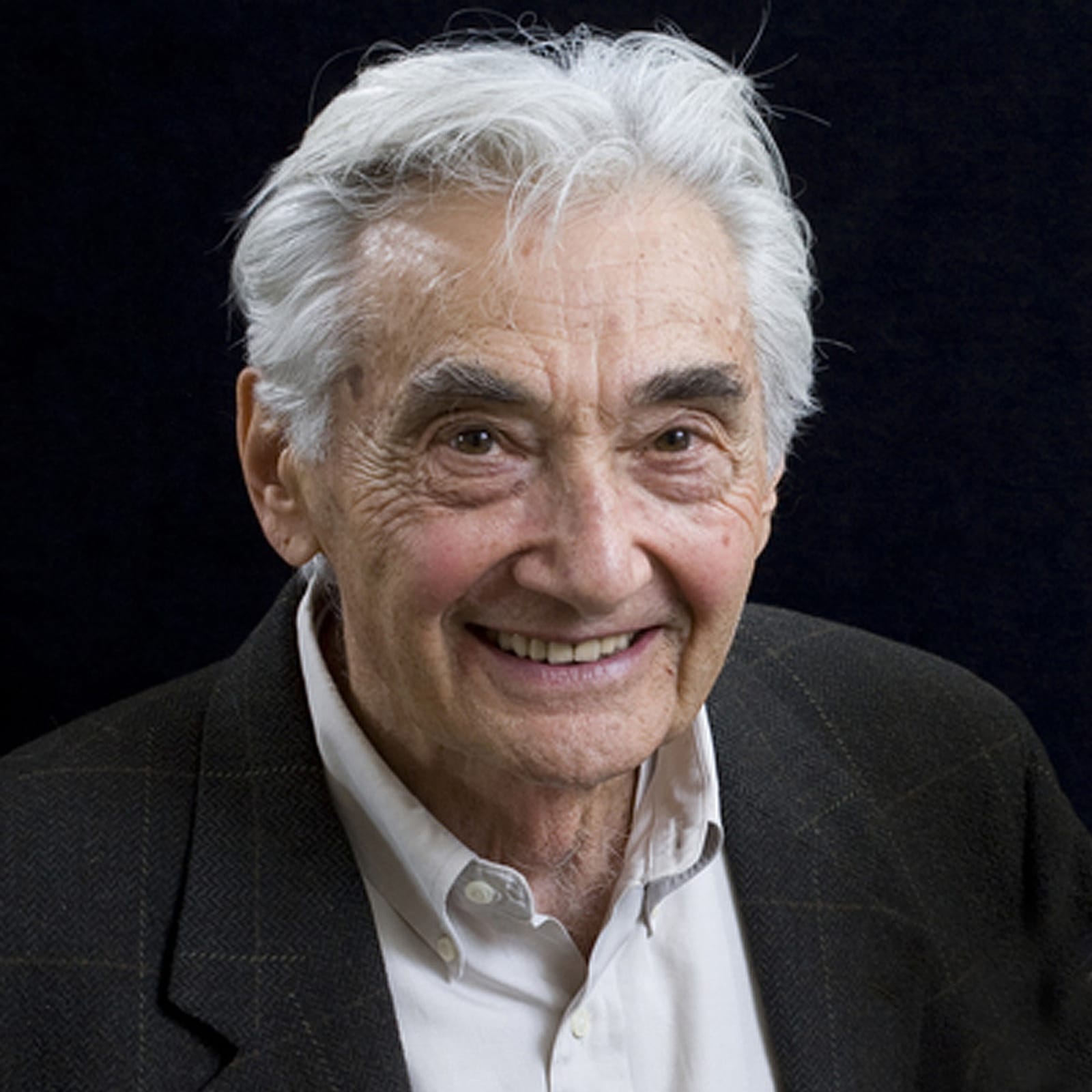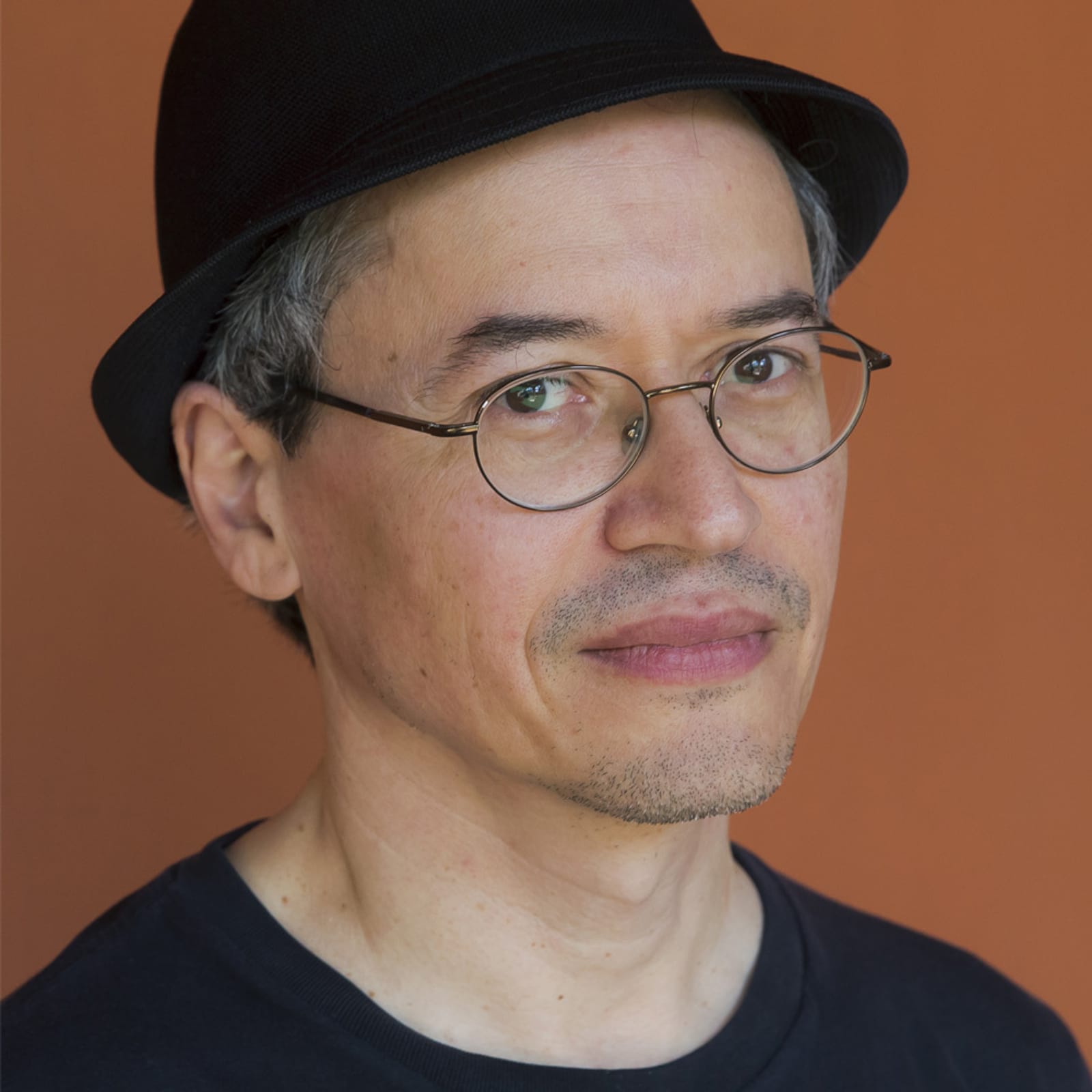
- Truth-Telling Prize Recipient, 2010
Matthew Hoh, the recipient of The Ridenhour Prize for Truth-Telling, always wanted to serve his country. He grew up hoping to be a firefighter like his father but ended up joining the Marines when no department seemed to be hiring. Hoh calls it the best job he ever had.
After two tours of duty in Iraq and a stint in the State Department in Washington, D.C., Hoh was appointed Senior Civilian Representative of the American government in Afghanistan as a political advisor. On September 10, 2009, five months into his yearlong contract, he resigned from what he calls the second-best job of his life. In doing so, he became the highest-ranking U.S. government official to publicly renounce his country’s foreign policy in Afghanistan.
Hoh’s job was to represent American interests at the village, district and provincial level in Afghanistan — first to the brigade commander in the eastern city of Jalalabad, where he spent two and a half months, and then to the Afghan provincial governor in the southeastern province of Zabul. But through his daily conversations with Afghans, the early doubts he had about the U.S. role in Afghanistan only grew stronger.
“Within a month, people I was meeting, local and foreign, officials and civilians, told me it was a civil war with very little benefit to the United States,” he said. “We are fighting people who don’t want to be occupied.”
But it was the story of Korengal Valley, in Konar Province, that was pivotal to Hoh’s change of heart. Approximately 20 kilometers long, the valley is home to roughly 10,000 Afghans who only speak Korengali and want nothing but to be left alone. Yet American soldiers have suffered so many casualties there that in a 2008 article, The New York Times named it “the valley of death.” Hoh learned that when American troops were first stationed there in 2004, there were hardly any skirmishes. But that changed over time as the Americans occupied a timber mill — in a region where the timber trade is vital to the economy. They also brought in the central Afghan government, a faraway power that had done nothing for them, which demanded a timber tax on Korengalis for the first time. From only two encounters in an eight-month period in 2004-05, violence has escalated so much that now there is almost daily combat in Korengal.
Military commanders told Hoh that there is no purpose to a continued presence in Korengal Valley; that their presence there had accomplished nothing useful. “If we leave, [the Korengalis] are not about to march on Kabul,” Hoh said. “And what boggles the mind is that for every valley that we’re in, there are 50 that we’re not.”
After Jalalabad, Hoh was stationed in Zabul, where his experiences further convinced him that Afghanistan was embroiled in a civil war, not an insurgency. “The villagers say that they don’t like the Taliban and they don’t want to be occupied. They have been in a state of war for the past 30 years. They just want to be left alone,” Hoh said.
His decision to resign was fuelled by a combination of things: his belief that with al-Qaeda no longer present in Afghanistan, the U.S. government had no business in Afghanistan; his growing realization that despite numerous briefings to his superiors, nothing was done to pursue a political rather than a military solution; the fraudulent national election; and his perception that leaders ignored the truth when it didn’t fit their agendas. “I didn’t want to participate any longer in a government that was failing to comprehend the situation or do the right thing,” Hoh said simply.
His four-page resignation letter — published in The Washington Post in October 2009 along with a front-page story about Hoh’s courageous act — was insightful, articulate and hard-hitting: “The dead return only in bodily form to be received by families who must be reassured their dead have sacrificed for a purpose worthy of futures lost, love vanished, and promised dreams unkept. I have lost confidence such assurances can anymore be made. As such, I submit my resignation.”
Hoh’s public stand made waves in the foreign policy community. Hoh received offers of employment from both Ambassadors Eikenberry and Holbrooke. Flattered, he accepted the latter, going back to Washington, D.C. to a position on Holbrooke’s staff. But when he picked up on perceptions within U.S. government and military circles that there would likely be a troop increase in Afghanistan, Hoh realized that once again, political solutions were being sacrificed for military ones. “I felt a bit like I was selling out. If I believed in the mission, I could have just stayed in Zabul. That was where I could do the most to help. But more troops would equal more casualties; and so I reconsidered,” he said.
At a time when Afghanistan was still looked at as the “good war,” Hoh came forward, very publicly and at great risk, to question the war’s fundamental rationale. His passionate and informed letter of resignation lit a spark and was, for many, the first extended argument against further escalation in Afghanistan. He did this at great personal cost, severing his ties to the U.S. government and cutting off what was, by all accounts, going to be a very successful and promising career. His criticisms have proven remarkably prescient. Had he not come forward the way he did, the debate over Afghanistan would look very different. For all these reasons, we award Matthew Hoh the 2010 Ridenhour Prize for Truth-Telling.
More 2010 Prize Winners
One Bold Move, Countless Lives: Empowering Humanity, Changing the World.

